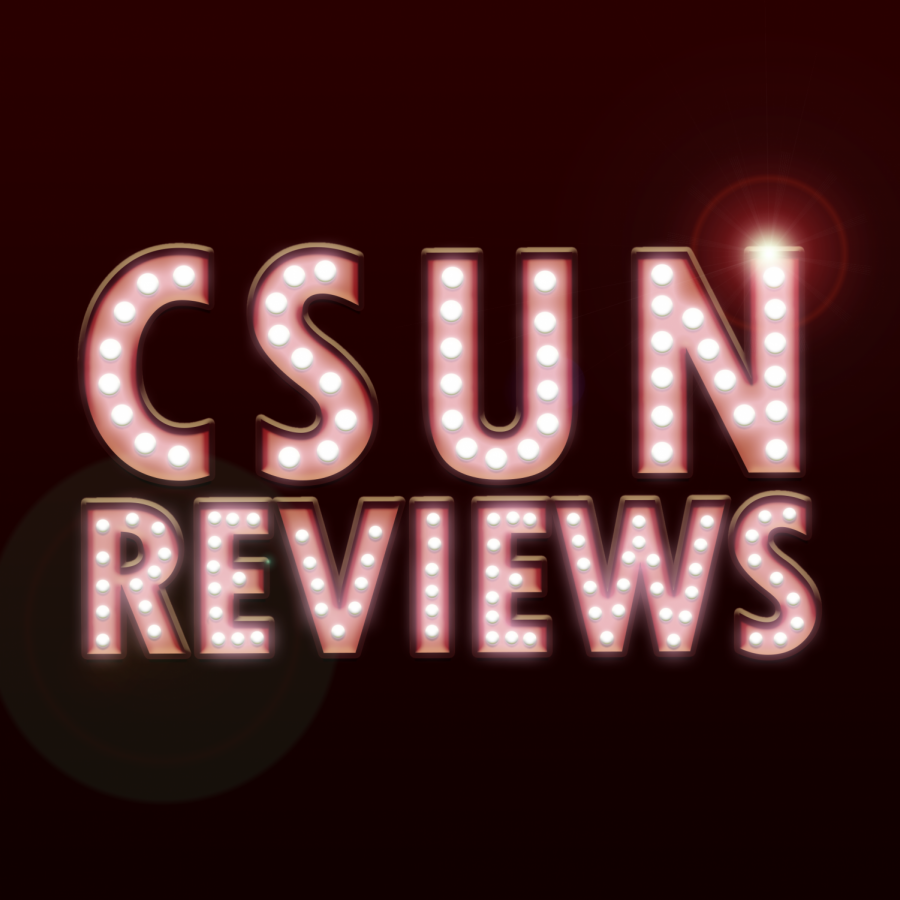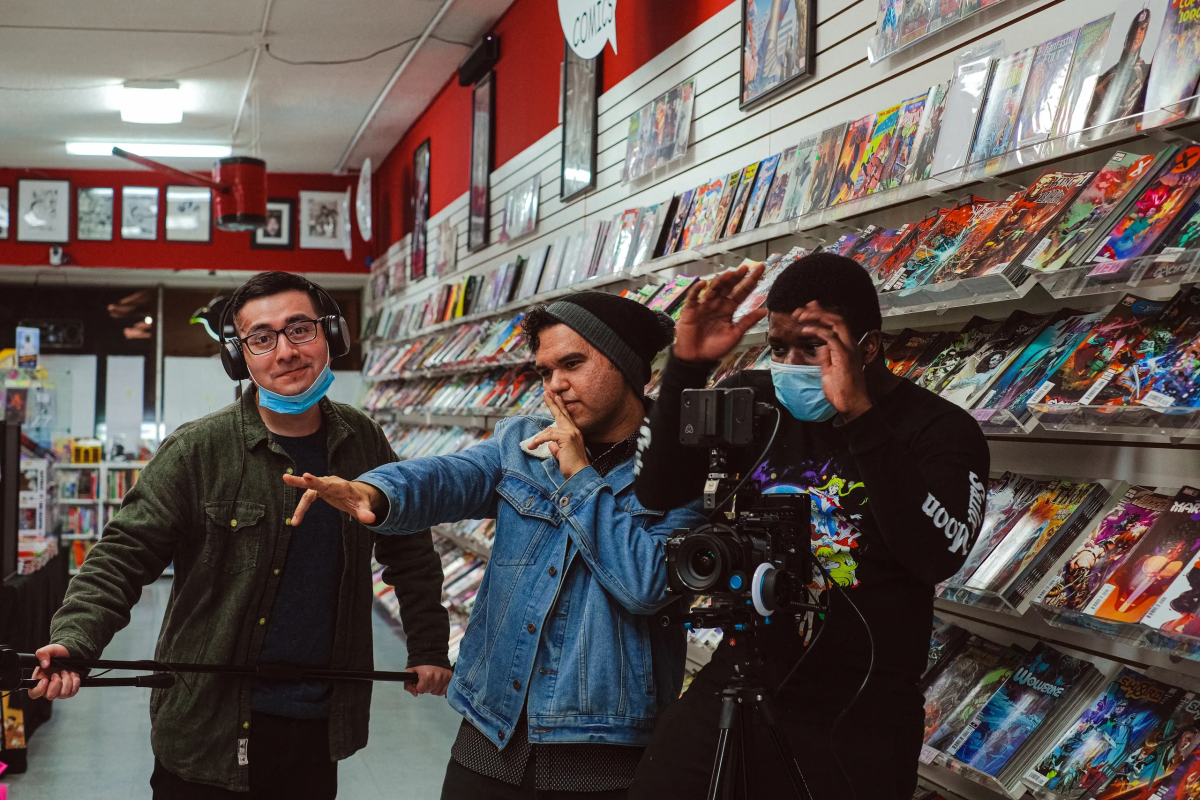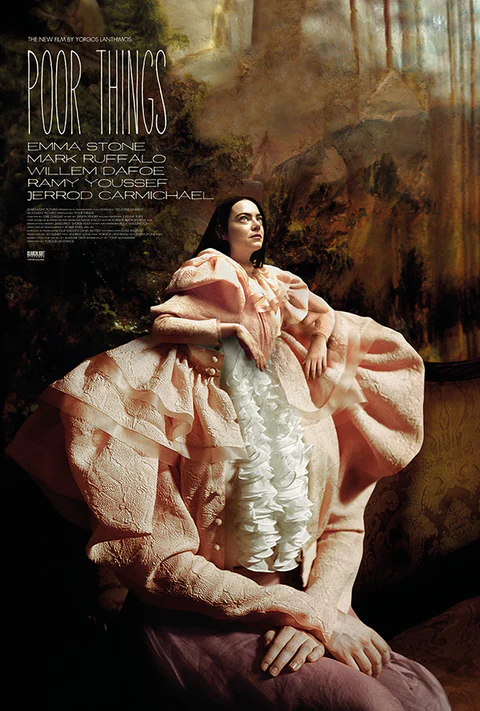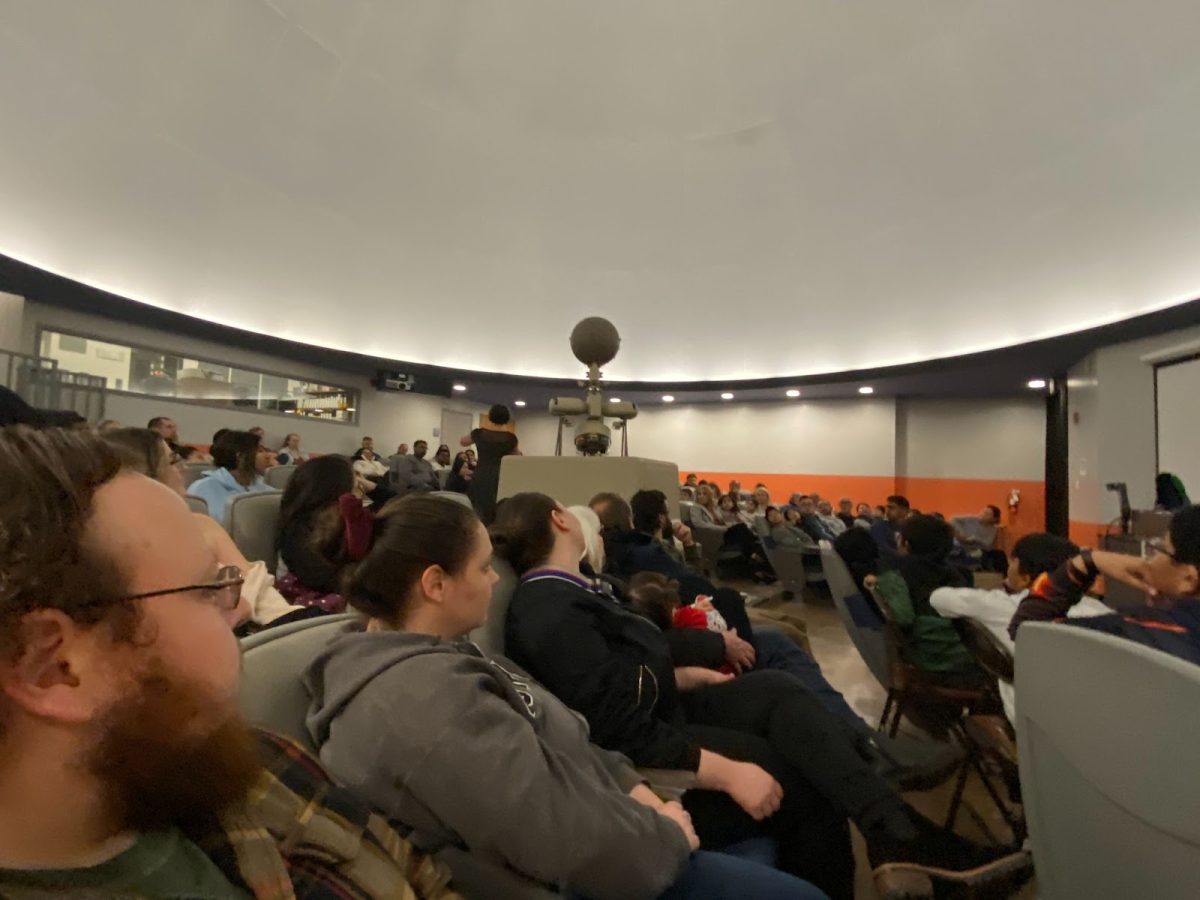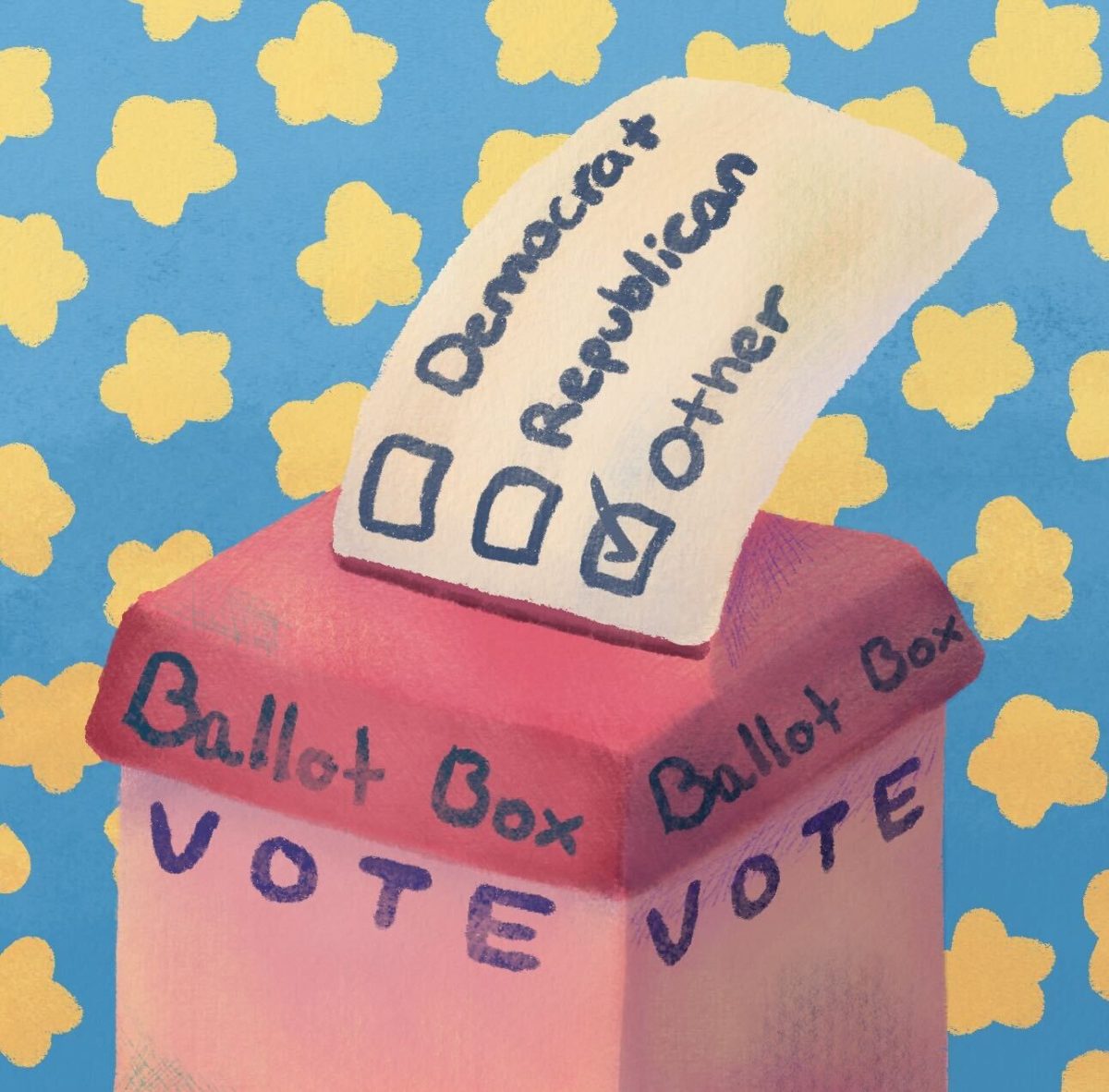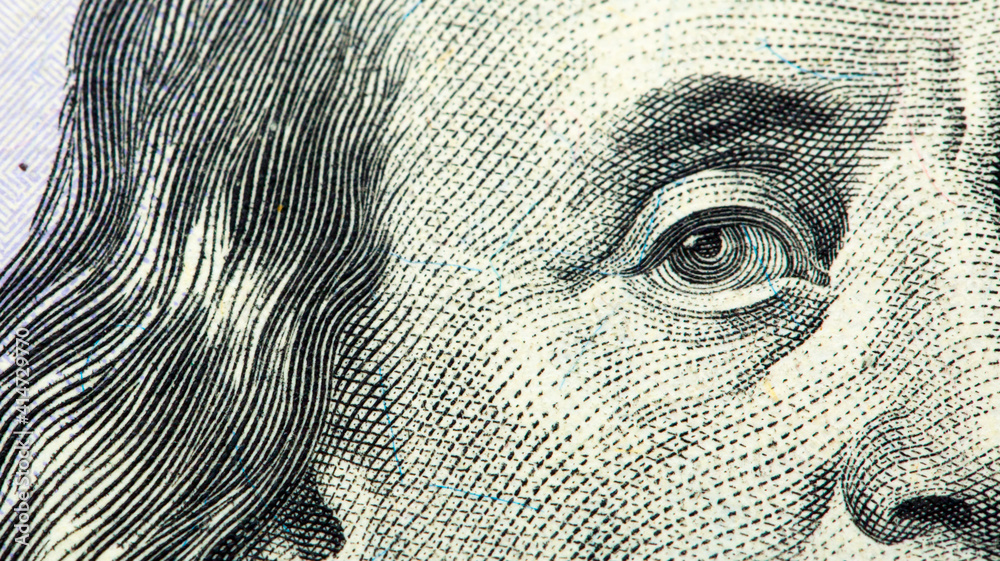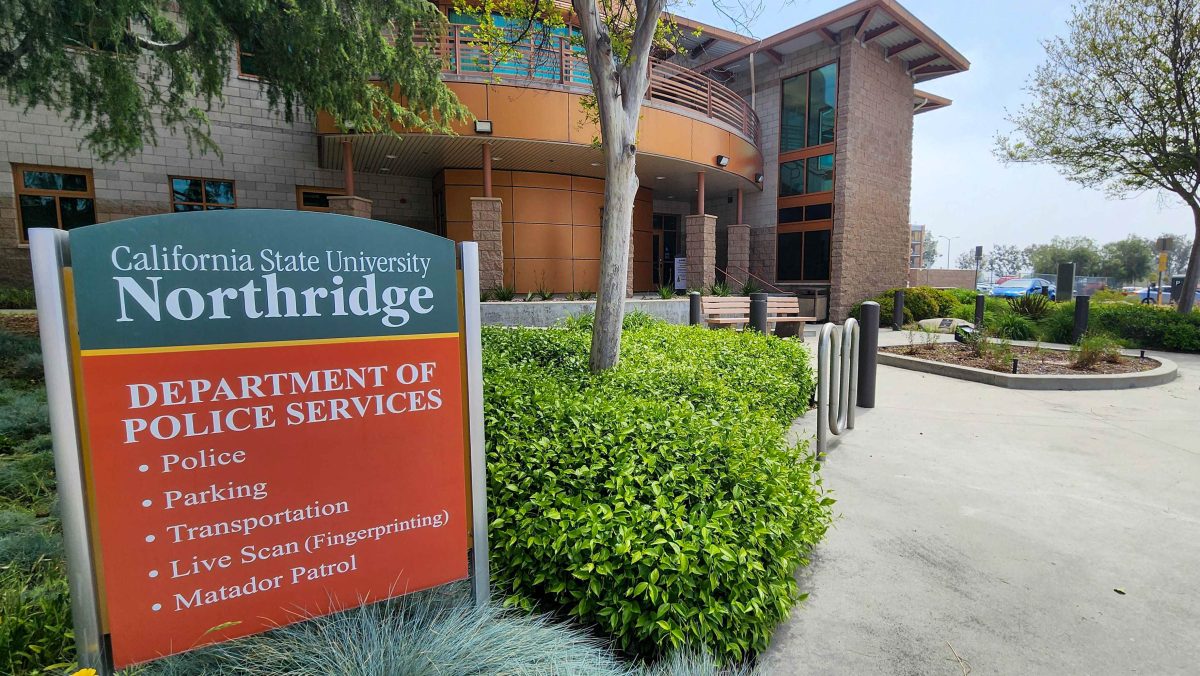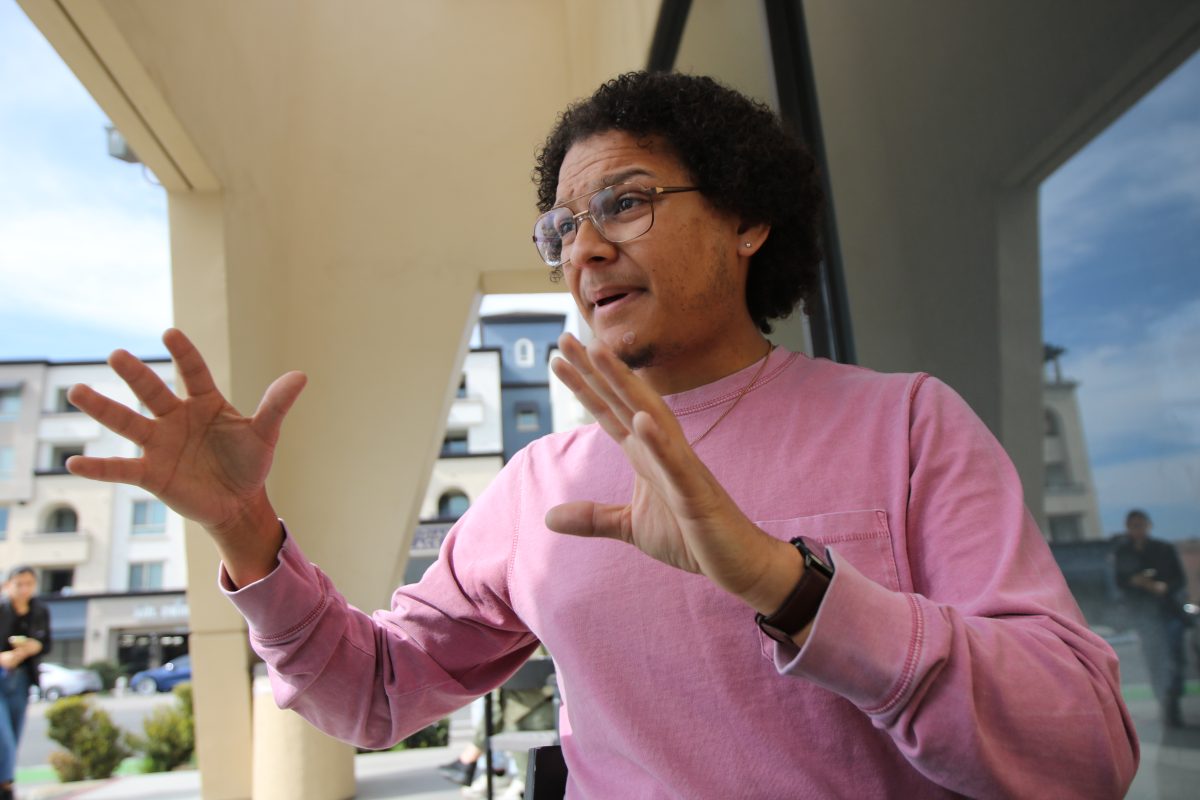If there is a scene that could sum up the theme behind “Easy Rider,” the unforeseen Hollywood 1969 hippy counterculture classic, it is when George Hanson, played by Jack Nicholson, tells Billy: “What you represent to them is Freedom.”
Billy, played by director Dennis Hopper, is confused by this, prompting Hanson to explain: “That’s what’s it’s all about, all right. But talkin’ about it and bein’ it, that’s two different things … of course, don’t ever tell anybody that they’re not free, ’cause then they’re gonna get real busy killin’ and maimin’ to prove to you that they are.” Half a century later this conversation couldn’t be more relevant in 2020.
Watching this scene was like watching a Trump supporter have a conversation with an LA liberal. Hanson also represents something in the film, a conservative — not so well behaved since he met Billy and his friend Wyatt (played by Peter Fonda) in a jail cell — who is not scared of talking to individuals with long hair, wear unshaven beards and ride on motorcycles across the country and listens to rock music. That’s what American freedom looked like at the end of the ’60s: long-haired individuals seeking a connection with nature and the small-town life or move into anti-capitalist settlements, which main characters Billy and Wyatt embody in the film.
The CSUN Cinematheque will be screening “Easy Rider” on Jan. 29, the first of its weekly Wednesday screenings under the theme Rock the Screen. Curator Frances Gateward is focusing on pop music as a form of cultural expression in cinema. Some films of the series include “A Hard Day’s Night” (1964), “Quadrophenia” (1979), “Super Fly” (1972) and “Sing Street” (2016).
In the case of “Easy Rider,” the movie is filled with iconic rock songs, the main one being Steppenwolf’s hard rock classic “Born to be Wild.” The song plays as the introductory credits roll out while Billy and Wyatt ride their motorcycles against a countryside backdrop — might as well be the official music video for the song. Today if a movie like this were to be made, its soundtrack would have to be more hip-hop oriented — maybe Lil Nas X’s “Old Town Road” would play and other country-rap songs — but the political undertones would be very similar.
The lyrics for “Born to be Wild” send a message of freedom like the film, a voice of the youth induced in psychedelics, screaming “we were born to be wild, I never want to die.”
I think of this uproaring moment of the song and that’s probably what the millennial generation felt like at the beginning of 2010. It was a moment of progress and freedom. Technological innovation felt like it was going to solve all of our issues.
I was only 12 years old back then so my head was too busy dealing with puberty and middle school bullying so it’s not like I was aware of the entire political climate, but I do remember feeling hope. Being undocumented, there was hope that soon I will grow up and be free to travel anywhere. Like Billy and Wyatt, I could get on a motorcycle and ride across the U.S., including through the deep south, but that’s no longer the case. Now that I’m able to look back and grasp a bigger picture of the past decade in a more mature version of myself, this is a movie that still speaks to my generation.
I couldn’t feel more separate from people who live in conservative states, especially when people of my immigrant status pose a threat? Hippies like Billy and Wyatt posed a threat; as white and American as they were, they met their tragic fate simply for looking different, for embracing their freedom. Why would mine be any different under this political climate?
The death of these two characters at gunpoint at the end of the movie symbolizes the end of an era. The tumultuous ’60s ended on a note that said the status quo would remain and be reinforced. It still took four more years for the U.S. army to get out of Vietnam, it still failed to recognize central issues to communities of color, and forced the generation of potential change to join the same oppressing power structures.
As soon as 2020 began there were already military actions taking place that would continue the bloodshed in the Middle East, big tech companies getting in the oil drilling business and social media sites becoming ground zero to push propaganda depending on the data extracted from our activity within them. It seems like the people who have the potential to change the world for the better choose to reject it in pursuit of money.
The only reason why Billy and Wyatt are able to travel across the country in “Easy Rider” is because they score a cocaine drug deal with a Mexican drug lord. Wyatt hides the money in his motorcycle’s gas tank — a motorcycle that has the American flag painted on it. With all this symbolism on the screen it made me ask myself, does money buy you freedom? Can you buy the easy rider, beat lifestyle? It can, for a while. Until you have to produce more money to survive, own a home, pay taxes and all the other capitalist duties. An anti-capitalist sedentary lifestyle is perhaps the real threat.
It’s not fair these two get to retire for scoring a drug deal while everyone else has to break their back to survive. It’s anti-American. And anything that is anti-American deserves to die.
